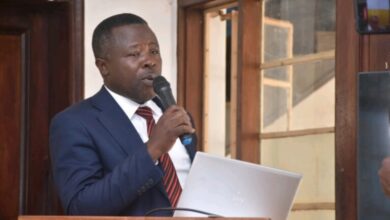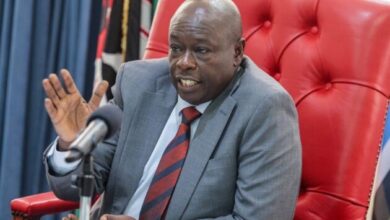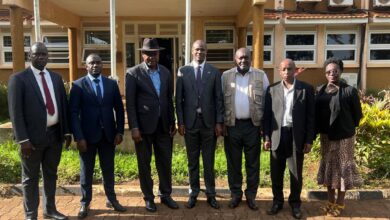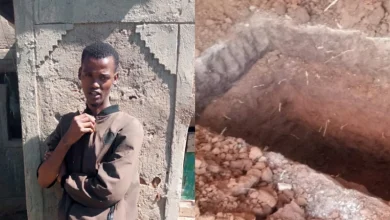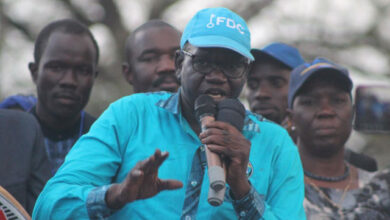Female journalists trained in environmental reporting
"Women relate better to the community's struggles," he explained, highlighting the need to amplify the voices of the Albertine region.
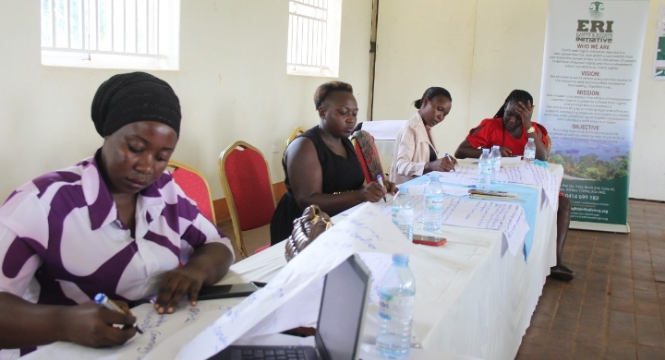
Masindi: Female journalists from various districts in the Albertine region recently participated in a training focused on environmental monitoring and reporting.
“Women relate better to the community’s struggles,” he explained, highlighting the need to amplify the voices of the Albertine region.
Charles Batambuze, a board member at WEMECO, introduced a comprehensive guide to climate change reporting aimed at empowering journalists to address this pressing issue. He stressed the critical need for informed reporting on climate change as it emerges as the foremost challenge in the country.
Peter Akugizibwe Araali, the Executive Director WEMECO pledged continued training to the female journalists on environmental issues to equip them with more knowledge necessary to report on climate issues. He therefore urged them to use the skills obtained from workshop so that they can become better environment reporters.
He encouraged participants to pursue grants available for environmental journalism. ”There are many organizations that give out grants, especially for environmental reporters.”
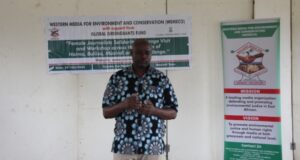
Flavia Ajok, a journalist working with ugreports.co.ug, reflected on the training’s impact, advocating for balanced coverage of environmental issues, including potential solutions. “It’s important to engage the community in addressing these challenges,” she stated.
She also applauded the training saying the skills acquired from it will enable her to report the environmental stories and to sensitize their fellow women on climate change challenges
Ramula Namatembe Muteesi, the station manager at Biiso FM in Buliisa district, praised the initiative, calling for more airtime dedicated to environmental discussions.
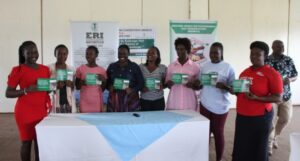
Hellen Nyakato from the Navigators of Development Association (NAVODA) noted the positive effects of these trainings in empowering female journalists, reinforcing their role in advocating for environmental protection.
Local initiatives and impact
The training’s ripple effect is evident in initiatives like the Buliisa Grassroots Women Association, founded by Harriet Kugonza.
This group focuses on environmental preservation and alternative energy solutions, such as briquette production to reduce reliance on charcoal and firewood. They are teaching community members sustainable practices that promote economic empowerment and environmental conservation.
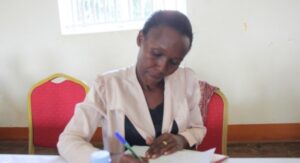
Kugonza called for government support to facilitate the adoption of briquettes and implement stricter environmental protection laws.
Akugizibwe added that reducing the costs of electricity and gas would help minimize firewood usage and combat environmental degradation.
Overall, this training not only equipped female journalists with the necessary skills to report on environmental issues but also inspired community-driven initiatives aimed at sustainable development and conservation.
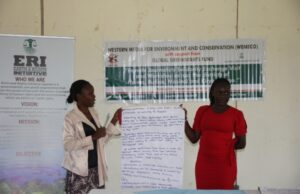
Do you have an advertisement or article you want to publish? Mail us at theugreports@gmail.com or WhatsApp +256394700683.


